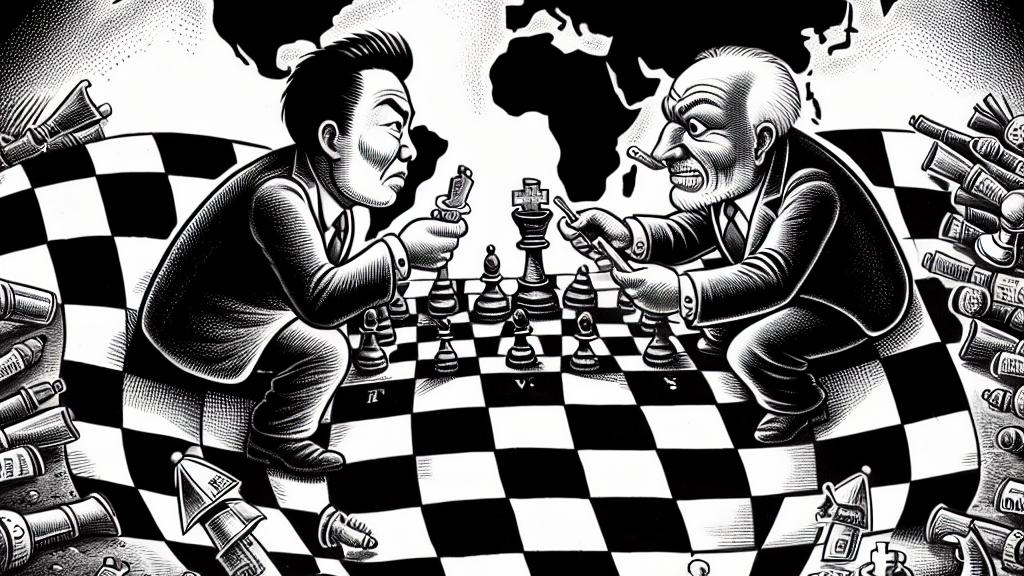U.S. Advocates Global Ban on Russian Media RT
Overview
- U.S. urges global partners to ban Russian media outlets, especially RT, labeling them as disinformation agents.
- Recent sanctions are prompted by serious accusations of military funding and propaganda efforts.
- India's resolute stance underscores a commitment to independent foreign policy, rejecting U.S. pressure.

The Increasing Pressure on Russian Media
Amid rising geopolitical tensions, the United States is intensifying its campaign against Russian state media, particularly targeting RT. Secretary of State Antony Blinken described RT as a "de facto arm of Russia's intelligence apparatus," highlighting serious concerns about its operations. Notably, recent allegations have surfaced claiming that RT has engaged in fundraising efforts for the Russian military, purportedly providing essential supplies like night-vision goggles and body armor. Such claims elevate the stakes, as the U.S. seeks to rally its allies to treat RT not just as a media outlet but as a direct threat to democratic values. This complex web of accusations and sanctions reflects the increasingly hostile dynamics of international media.
India's Defiance Against U.S. Influence
Despite the fierce U.S. pressure, India remains steadfast in its opposition to endorsing sanctions against Russian media. Indian officials assert that such unilateral measures, particularly those not endorsed by the United Nations, do not apply to their nation. This firm stance illustrates India's dedication to maintaining sovereignty in its foreign policy decisions. Former Indian Ambassador Kanwal Sibal passionately argued that the U.S. actions reveal a blatant double standard, pointing out that they undermine the principles of free speech that America claims to champion. By maintaining its unique position, India showcases its aspiration to navigate international relations without succumbing to external pressures from powerful nations.
Navigating the Complex Landscape of Global Media
As the situation unfolds, it is clear that the clash between U.S. sanctions and Russian media responses is about much more than simple media regulation. For example, Russia retaliated by banning 81 EU media outlets, illustrating a tit-for-tat strategy that complicates the global media landscape. This reciprocal action sends a clear message: media organizations are not just innocent conduits of information; they are often used as instruments in larger geopolitical battles. As nations grapple with issues of censorship and the ethical implications of information warfare, they must ask themselves critical questions: How can we ensure a diversity of perspectives while also addressing potential threats posed by state-controlled narratives? The complexities of these interactions highlight the profound impact media has on shaping public opinion and influencing global geopolitics, emphasizing the urgent need for an open and honest dialogue about freedom in the digital age.

Loading...